Therapeutic
Benefits of Trailokya
Vijaya Vati
The medicine has a direct effect on motor neurons or ‘VaatVaahini Naadi’ and therefore is a drug providing quick relief or ‘Aashukari’ as per Ayurveda. Therefore, it provides quick results in the ailments related to various types of pain.

Provides relief from Neuropathic pain

Effective for chronic pains, joint pains, muscular spasms and sciatica pain

Mitigates side-effects of Chemotherapy Effective for Renal colic & abdominal pains

Improves overall gut health which helps to regulate the gut-brain axis

Increases appetite Curbs Insomnia & Anxiety Improves quality of sleep & controls seizures
Therapeutic Benefits of Trailokya Vijaya Vati
The medicine has a direct effect on motor neurons or ‘VaatVaahini Naadi’ and therefore is a drug providing quick relief or ‘Aashukari’ as per Ayurveda. Therefore, it provides quick results in the ailments related to various types of pain.
Medical Composition
Each tablet of ‘Trailokya Vijaya Vati’ contains
Vijaya | Leaf
Cannabis sativa linn
62.5 mg
Vansh lochan
Bambusa arundinacea
62.5 mg
Excipients
Quantum satis (q.s.)
Mechanisms of Action
CAUTION: Schedule E-1 drug. To be taken only under medical supervision
Chronic Pain
Cannabinoids produce analgesia by acting on multiple pain targets within the peripheral and CNS by activating specific receptors throughout the body, in particular CB1 which are found predominantly in CNS and CB2 receptors found in cells involved with the immune system. Besides acting on cannabinoid CB1/CB2, they may reduce pain through interaction with the putative non-CB1/CB2 cannabinoid G protein-coupled receptors (GPCR55 or GPCR18) and opioid or serotonin (5-HT) receptors (1)
Chronic Pain
Cannabinoids produce analgesia by acting on multiple pain targets within the peripheral and CNS by activating specific receptors throughout the body, in particular CB1 which are found predominantly in CNS and CB2 receptors found in cells involved with the immune system. Besides acting on cannabinoid CB1/CB2, they may reduce pain through interaction with the putative non-CB1/CB2 cannabinoid G protein-coupled receptors (GPCR55 or GPCR18) and opioid or serotonin (5-HT) receptors (1)
Appetite
Hunger levels are determined by a substance in the human body called ghrelin, which is known as the ‘hunger hormone’. The hormone is released by the stomach, intestines and brain, as it stimulates and manages appetite. Cannabis triggers ghrelin levels and stimulates appetite (2)
Appetite
Hunger levels are determined by a substance in the human body called ghrelin, which is known as the ‘hunger hormone’. The hormone is released by the stomach, intestines and brain, as it stimulates and manages appetite. Cannabis triggers ghrelin levels and stimulates appetite (2)
IBS, Vomiting & Diarrhoea
Cannabinoids predominately mediate inhibitory pathways in the gastrointestinal tract through the reduction of vagal cholinergic tone. CB2 modulates inflammation, whereas CB1 controls central functions, including pain control, satiety, nausea, and vomiting. The distribution and concentration of the endocannabinoid system in specific tissues demonstrate the physiology of cannabinoids in the gastrointestinal tract and offer possible drug targets for the management of inflammatory bowel disease.(3)
IBS, Vomiting & Diarrhoea
Cannabinoids predominately mediate inhibitory pathways in the gastrointestinal tract through the reduction of vagal cholinergic tone. CB2 modulates inflammation, whereas CB1 controls central functions, including pain control, satiety, nausea, and vomiting. The distribution and concentration of the endocannabinoid system in specific tissues demonstrate the physiology of cannabinoids in the gastrointestinal tract and offer possible drug targets for the management of inflammatory bowel disease.(3)
Pathya (Preferred Diet)
Diet: Cow Milk & Ghee, processed Chaach (Buttermilk with Jeera or as advised by the physician), nutritious, healthy, freshly prepared and easily digestible meals.
Lifestyle: Regular body workout as per the body strength, Drink warm water throughout the day, and Early dinner.
Apathya (To be Avoided)
Diet: Excessive Spicy, Cold, Dry, Reheated, Junk and Heavy to digest meals.
Lifestyle: Exposure to a dry and hot environment, Late night dinner and improper sleep
Pathya (Preferred Diet)
Diet: Cow Milk & Ghee, processed Chaach (Buttermilk with Jeera or as advised by the physician), nutritious, healthy, freshly prepared and easily digestible meals.
Lifestyle: Regular body workout as per the body strength, Drink warm water throughout the day, and Early dinner.
Apathya (To be Avoided)
Diet: Excessive Spicy, Cold, Dry, Reheated, Junk and Heavy to digest meals.
Lifestyle: Exposure to a dry and hot environment, Late night dinner and improper sleep










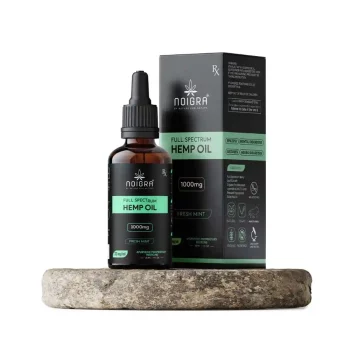

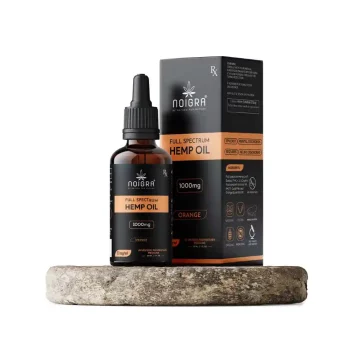



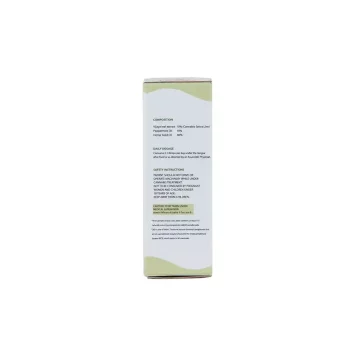
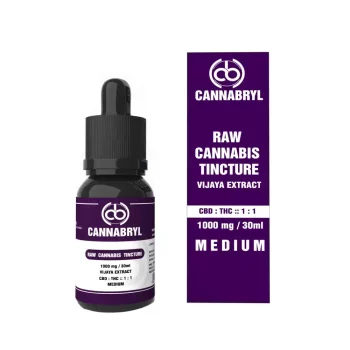
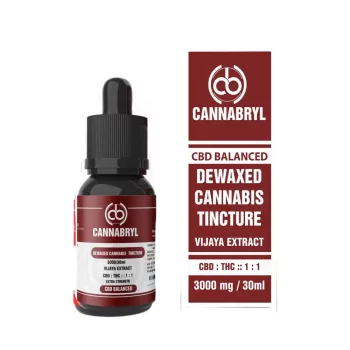

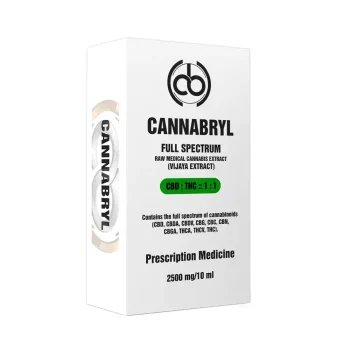

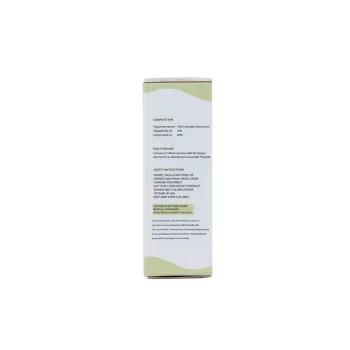
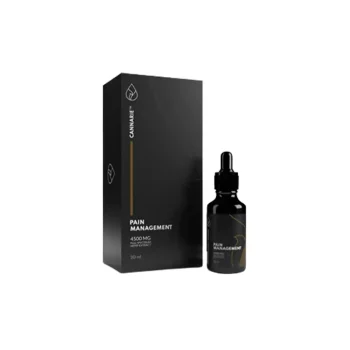
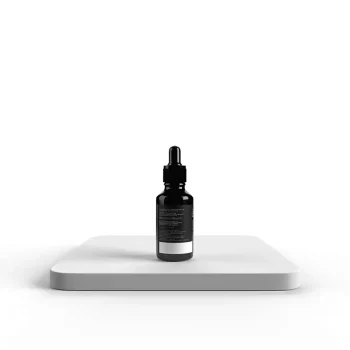




Reviews
There are no reviews yet.